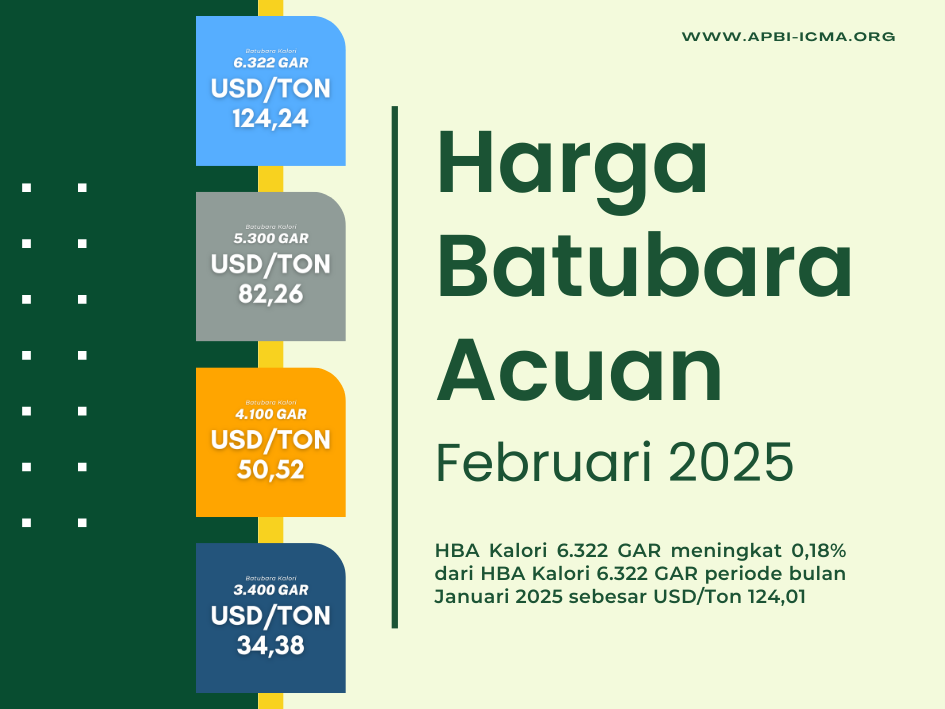
LAUNCESTON, Australia, Feb 17 (Reuters) - China's retaliatory tariffs against U.S. energy imports is likely to be most keenly felt in the seaborne market for metallurgical coal.
Beijing imposed a 15% import tariff on U.S. coal and liquefied natural gas (LNG) and 10% on crude oil on February 4 after U.S. President Donald Trump placed an additional 10% impost on all imports from China.
The tariffs are likely high enough to all but kill the energy trade between China, the world's biggest importer of coal, LNG and crude, and the United States, which is the largest exporter of LNG and ranks fourth in coal and crude oil.
However, the U.S. share of China's imports for crude and LNG is small, at around 2% and 5% respectively, meaning the global markets will likely be able to adjust rapidly and without too much difficulty.
It's a different story for metallurgical coal, also known as coking coal and the fuel primarily used to make steel.
China's total seaborne imports of coking coal were 43.02 million metric tons in 2024, of which the United States provided 5.02 million for a share of 11.7%, according to data compiled by commodity analysts Kpler.
The United States was the fourth-largest supplier of seaborne coking coal to China, behind Australia with 15.91 million tons, Russia with 11.68 million and Canada with 7.79 million.
If the new tariffs do render U.S. coking coal uncompetitive in China, then China's steel makers will have to find suitable alternatives.
Of course, U.S. coking coal exporters could choose to discount the cost of cargoes in order to stay in the China market, but they are far more likely to seek to sell to other importers, such as top buyer India as well as Japan and South Korea.
Where is China likely to be able to source coking coal to replace U.S. supplies, working on the assumption its demand in 2025 remains constant from 2024.
It could try to squeeze some more out of Mongolia, it's top supplier via overland trains and trucks, but this coal would arrive in the wrong place, given that seaborne supplies go largely to coastal steel plants.
It's also questionable if Russia could increase output and rail capacity by enough to replace U.S. coking coal.
This largely leaves Australia and Canada as alternatives, with both exporters having the ability to supply China's demand.
But this may come at a cost, as Chinese steel makers may have to offer more to Australian and Canadian miners in order to draw supply away from buyers in other countries.
When China imposed an informal ban on all Australian coal in mid-2020 it resulted in imports from Australia dropping to almost nothing, but this was accompanied by rising prices for seaborne grades.
This was because China had to draw cargoes from exporters such as Indonesia for thermal coal and the United States and Canada for coking coal, and having to pay a premium to do so.
If China seeks to replace U.S. coking coal with cargoes from Australia and Canada, it will likely have to compete against Indian buyers.
India is the world's largest importer of coking coal, taking in 67.6 million tons in 2024, according to Kpler data.
India's biggest supplier was Australia, with the 34.88 million tons representing just over 50% of the total, with Russia second at 14.74 million and the United States third with 8.4 million.
The most logical way for China to move away from U.S. coking coal is for its steel markers to buy more from Australia, with India in turn buying less from Australia and taking more from the United States.
This is entirely possible, but will likely come at a price premium, at least initially.
Seaborne coking coal prices have been trending down for 16 months, with benchmark Australian contracts traded in Singapore going from $363 a ton in mid-October 2023 to $188 on February 14, a drop of 48.2%.
U.S. low-volatile coking coal at east coast ports was assessed by commodity price reporting agency Argus at $187.50 a ton on February 13, in line with the Australian benchmark.
If Chinese buyers do switch to buy more Australian and possibly Canadian coking coal, it's likely that Australian prices will outperform their U.S. counterpart, especially if U.S. producers have to scramble to find alternatives buyers for cargoes that had been destined for China.
Sumber: https://www.reuters.com/markets/commodities/chinas-retaliation-trump-tariffs-will-reshape-coking-coal-flows-prices-russell-2025-02-17/




